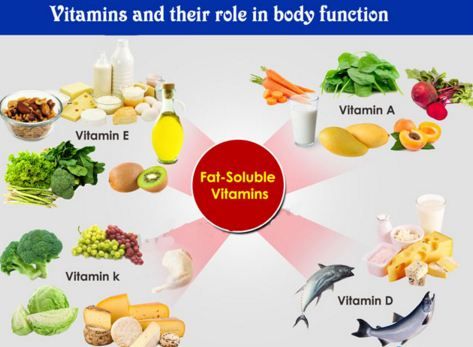
When it comes to maintaining a healthy diet, it is essential to provide our bodies with the necessary nutrients it needs to function optimally. While a well-balanced diet rich in fruits, vegetables, whole grains, and lean proteins should ideally provide all the essential nutrients, sometimes our diets may fall short. This is where supplements come into play, allowing us to bridge the nutritional gap and support overall health.
The Need for Supplements
In an ideal world, we would get all the necessary nutrients from our diet alone. However, factors such as busy lifestyles, limited food choices, food quality variations, and individual health conditions can hinder our ability to consume a nutrient-rich diet consistently. Hence, the need for supplements arises to ensure we meet our recommended daily intake of vital vitamins, minerals, and other essential nutrients.
Types of Supplements
Supplements come in various forms, including:
Vitamins: These are organic compounds required in small amounts to support numerous bodily functions.
Minerals: These inorganic substances contribute to various physiological processes and maintaining overall health.
Probiotics: These “good” bacteria help maintain a healthy gut and support digestion and immunity.
Fatty Acids: Omega-3 fatty acids, for example, provide numerous health benefits, including heart health and brain function.
Herbal Supplements: Derived from plants, these supplements often possess medicinal properties and can aid specific health conditions.
Benefits of Supplements
Supplements offer several benefits when integrated into a healthy diet:
Filling Nutritional Gaps: As mentioned earlier, supplements help ensure we meet our daily recommended nutrient intake, especially when our diets fall short.
Supporting Overall Health: Certain supplements, like antioxidants, can help fight free radicals and oxidative stress, reducing the risk of chronic diseases.
Addressing Specific Deficiencies: Supplements can be used to address specific nutrient deficiencies diagnosed by healthcare professionals, ensuring our bodies receive the nutrients they lack.
Improving Exercise Performance: Some supplements, like protein powders or creatine, may enhance athletic performance, muscle recovery, and strength gains.
Promoting Longevity: Research suggests certain supplements, such as fish oil or resveratrol, may have anti-aging properties and support longevity.
Supporting Vegetarian/Vegan Diets: Vegetarians and vegans may require certain supplements like vitamin B12, as these nutrients are predominantly found in animal-based foods.
Considerations and Precautions
While supplements can be advantageous, it is crucial to approach their use responsibly:
Consult with a Healthcare Professional: Before starting any supplement regimen, it is essential to seek advice from a healthcare professional to determine specific needs.
Quality and Safety: Choose supplements from reputable brands and look for certifications and third-party testing to ensure quality, purity, and safety.
Avoid Overdosing: Read and follow the recommended dosage instructions carefully, as excessive intake of certain supplements can have adverse effects.
Supplements are Complementary: Supplements should never replace a well-balanced diet. They are intended to complement a healthy lifestyle, not serve as primary sources of nutrients.
Individual Variations: Each person has unique nutritional needs, and supplement regimens should be tailored according to age, sex, health status, and lifestyle factors.
Conclusion
Supplements play a significant role in maintaining a healthy diet, providing essential nutrients that may be lacking from our regular meals. However, they should never substitute a balanced diet or serve as a quick fix for poor eating habits. Remember, supplements should always be used in conjunction with a healthy lifestyle, including proper nutrition, regular exercise, adequate sleep, and stress management for optimal health and well-being.

